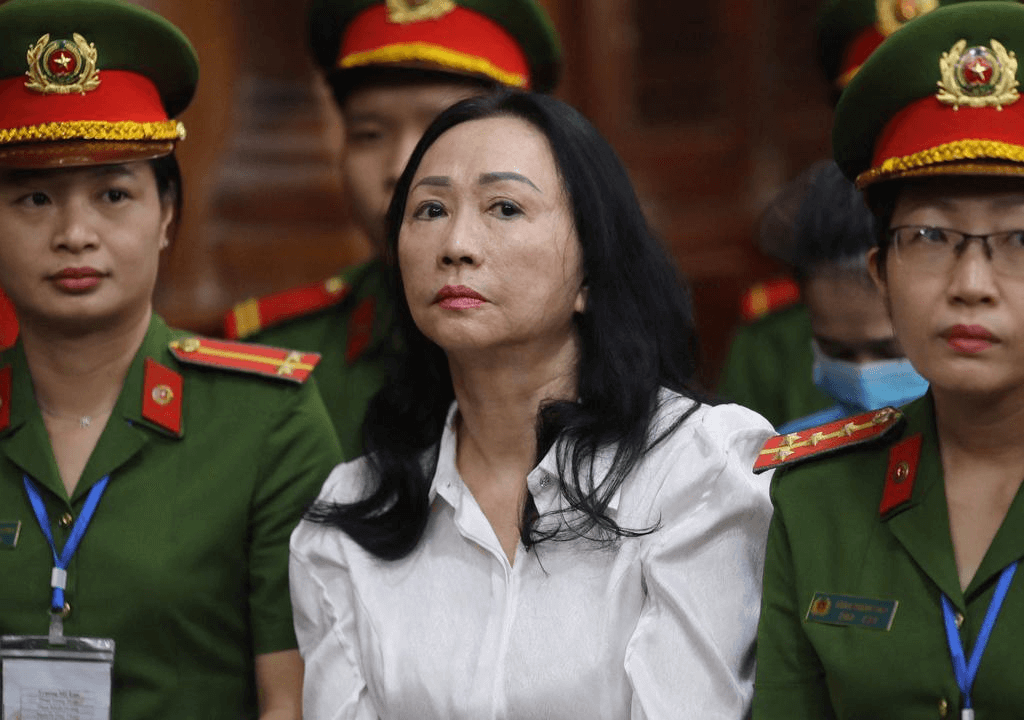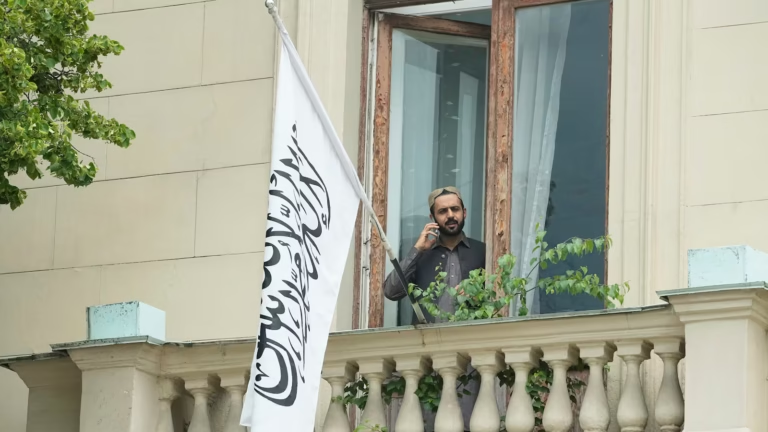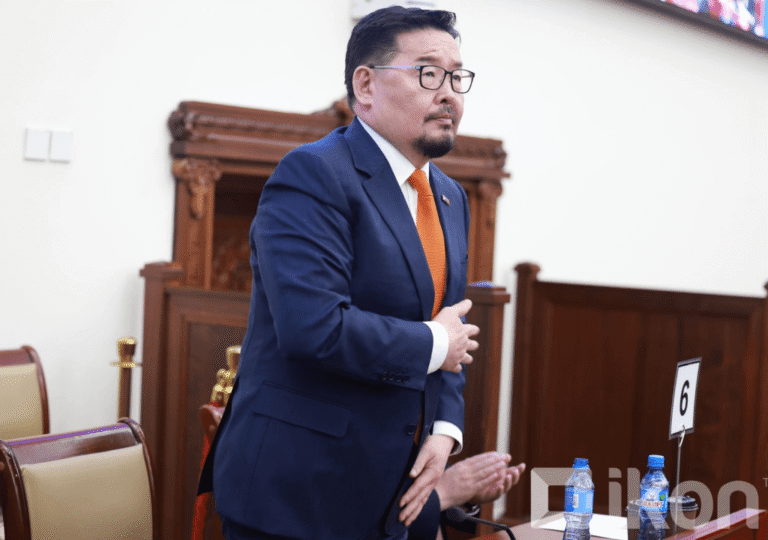When we examine the history of communism, behind the failures of communist governments, corruption often emerges as one of the prominent causes. It’s true that the communist ruling system, the state-owned ruling system, often becomes the paradise of corruption practitioners. Vietnam, a well-known communist country, does not want to be in such a situation; the country is taking harsh actions against corruption. With an ongoing anti-corruption drive called “Blazing Furnace”, led by the Secretary-General of the Communist Party of Vietnam, Nguyễn Phú Trọng, cracking down on corruption at the administration level, many important officials, including two presidents and two deputy prime ministers, were forced to resign. Now, Vietnam is extending its war against corruption beyond the administration level. As a recent development, on Thursday, in a shocking move, one of the country’s influential property tycoons, Truong My Lan, was charged with fraud, bribery, and violation of rules, and sentenced to death.
Truong My Lan, aged 68, is the founder and chair of the developer Van Thinh Phat, and a well-known businesswoman from Vietnam. Prosecutors indicated on Thursday that the total losses generated by the Truong My Lan swindle now amount to $27 billion, approximately 3% of Vietnam’s GDP. Lan was convicted of embezzling money over a ten-year period from Saigon Commercial Bank (SCB), the largest bank in Vietnam in terms of assets. Despite lacking direct executive authority at SCB, Lan possessed 91.5% of the bank’s shares through intermediaries and shell corporations. She was charged with creating fictitious loan applications to withdraw cash from the bank between 2012 and 2022. Official media reported that these loans constituted 93% of the bank’s entire credit provided. Without these activities, Lan and other SCB bankers were accused of paying state officials the largest bribe ever recorded in Vietnam, worth $5.2 million, to conceal the fraud. During the trial, Do Thi Nhan, a former top banking inspector of the State Bank of Vietnam, testified that the funds were handed over in Styrofoam boxes. Nhan stated that she refused the boxes upon discovering they contained money, but Lan declined to take them back. Lan was put on trial alongside eighty-five other individuals, including former SCB executives, government officials, and central bankers. Lan denied the accusations, and a relative informed Reuters that she would file an appeal prior to the ruling.
Though the death sentence is an unusually severe punishment for a corruption case, and often considered to create a bad image in front of the modern world, the message brought by the trial and death penalty is clear. No mercy for the corruption. During the trial in Ho Chi Minh City, the decision stated that the defendant’s acts “eroded people’s trust in the leadership of the Communist Party and state.” State media, which is under tight control of the communist party, followed a five-week trial and covered it in great detail. According to VN Express, authorities had erected security cameras and fire safety equipment to preserve the evidence ahead of the hearings; trial-related documents were stored in 105 boxes and weighed 6 tonnes. Over 1,000 of Lan’s properties have been taken into custody, and approximately 2,700 people, 200 of whom were attorneys, were called to the trial. The country, which aims to become China’s replacement or the next industrial and manufacturing hub, is seeking to attract investors, but it is unclear if this tough approach would inspire confidence or suspicion among them. However, in terms of Vietnam’s anti-corruption campaign, it is unparalleled and historic.








